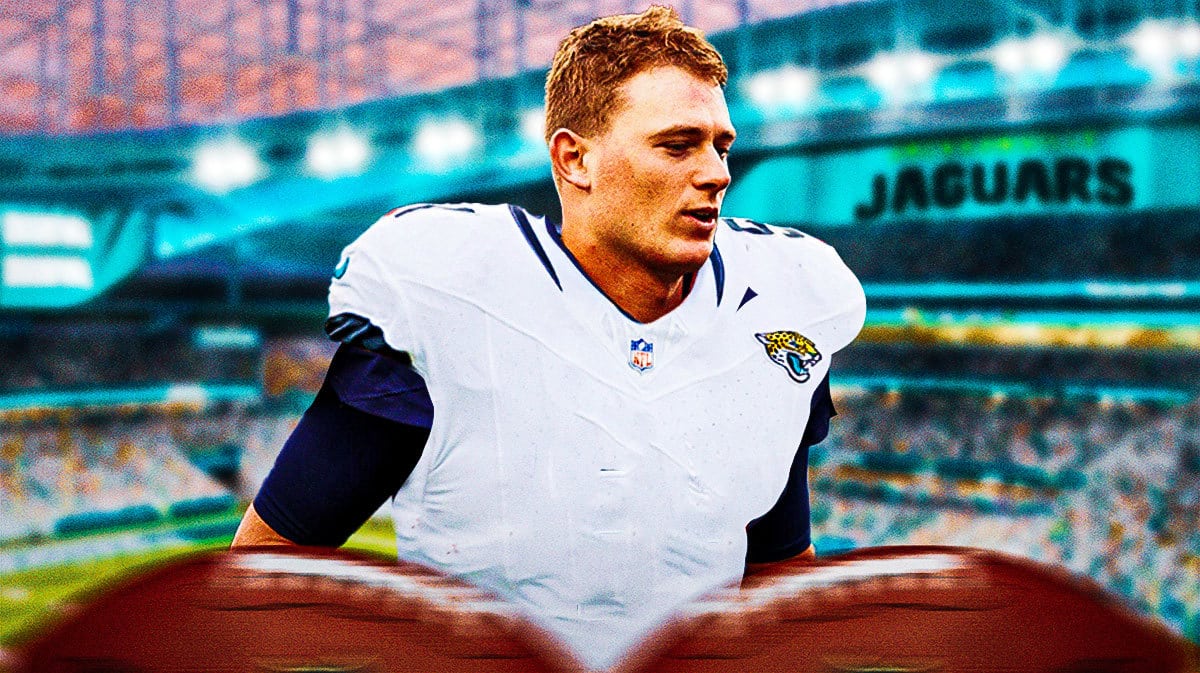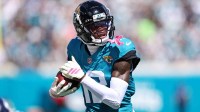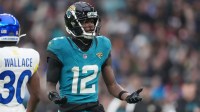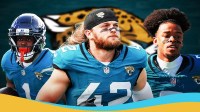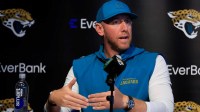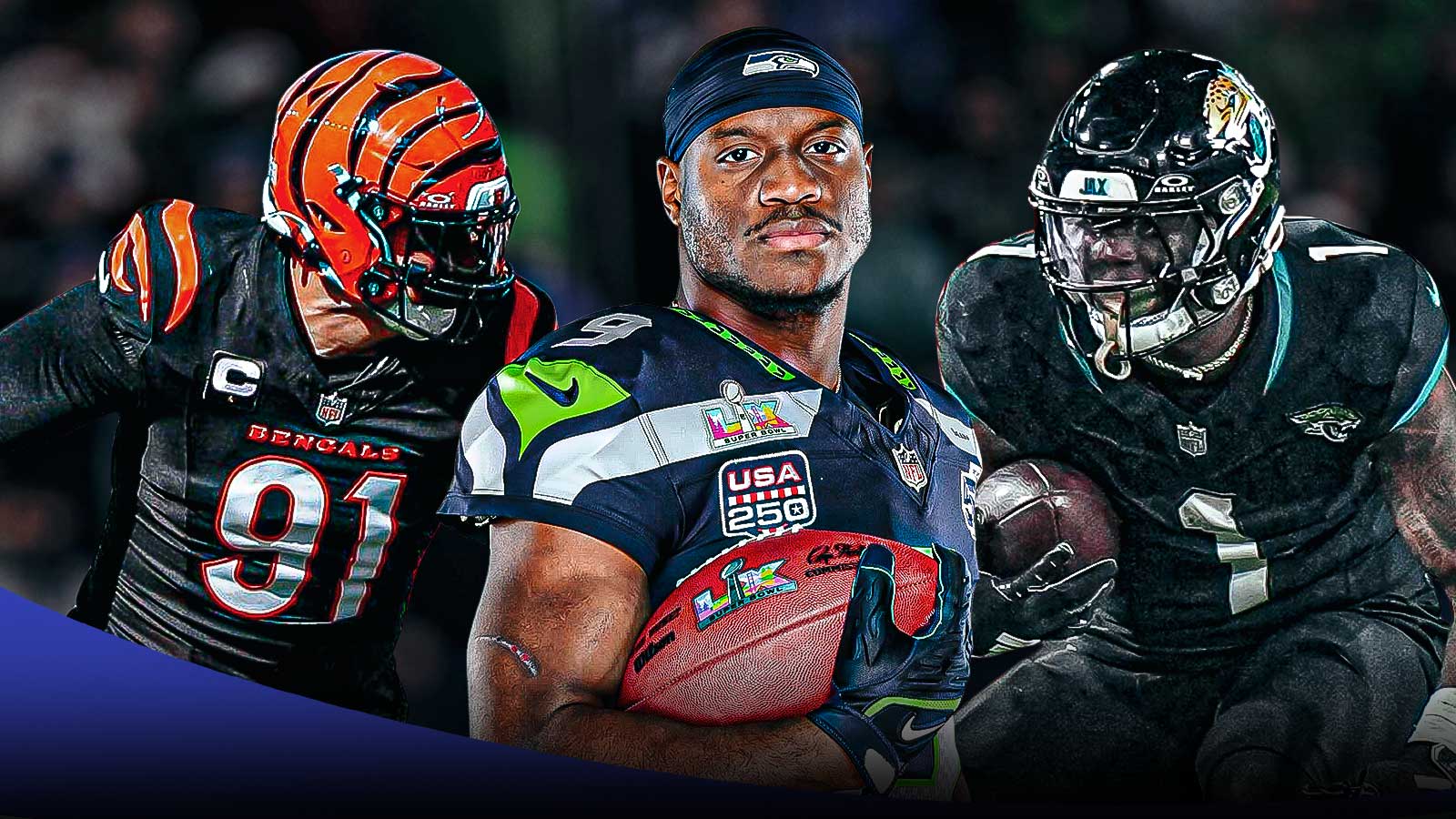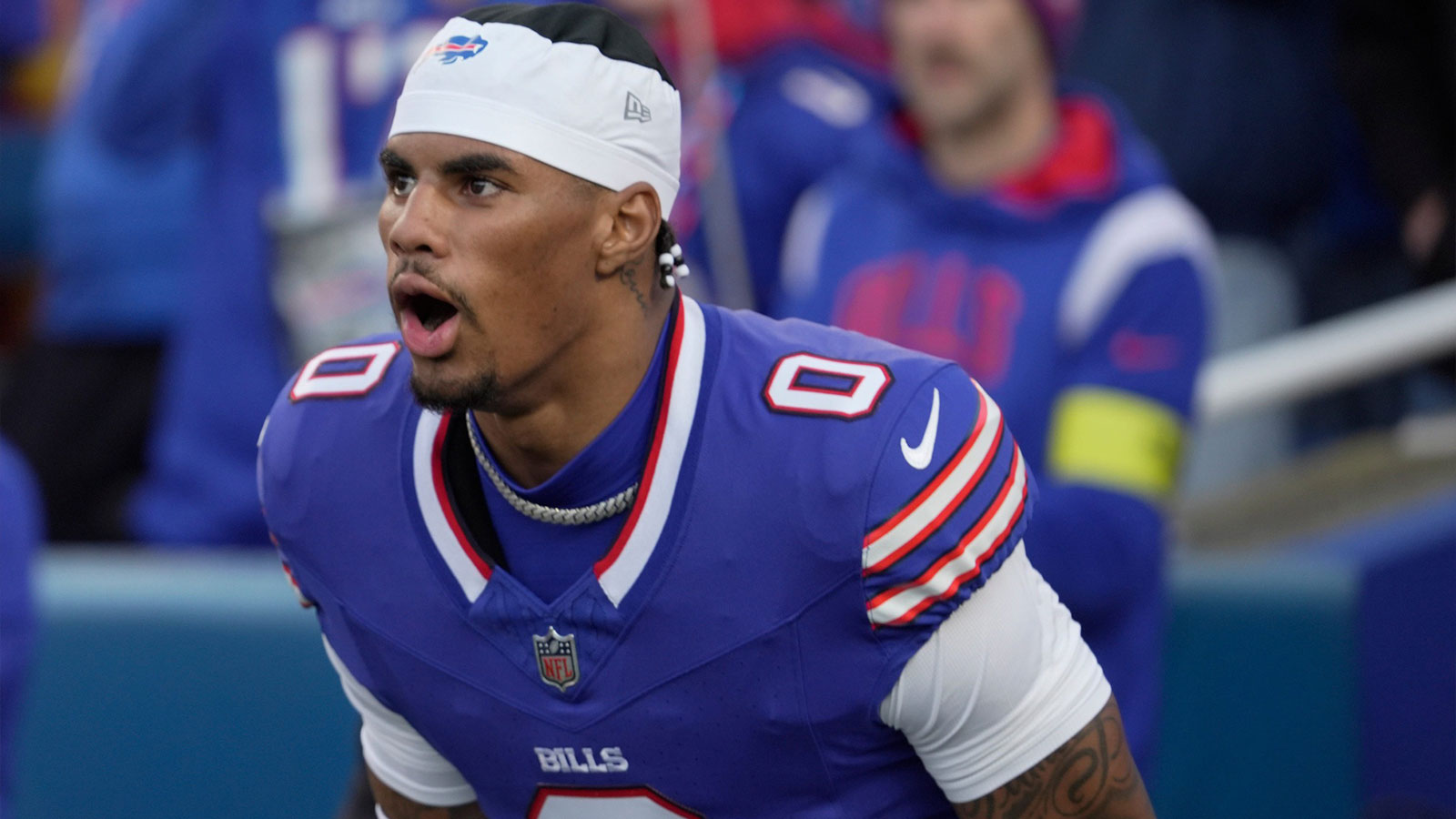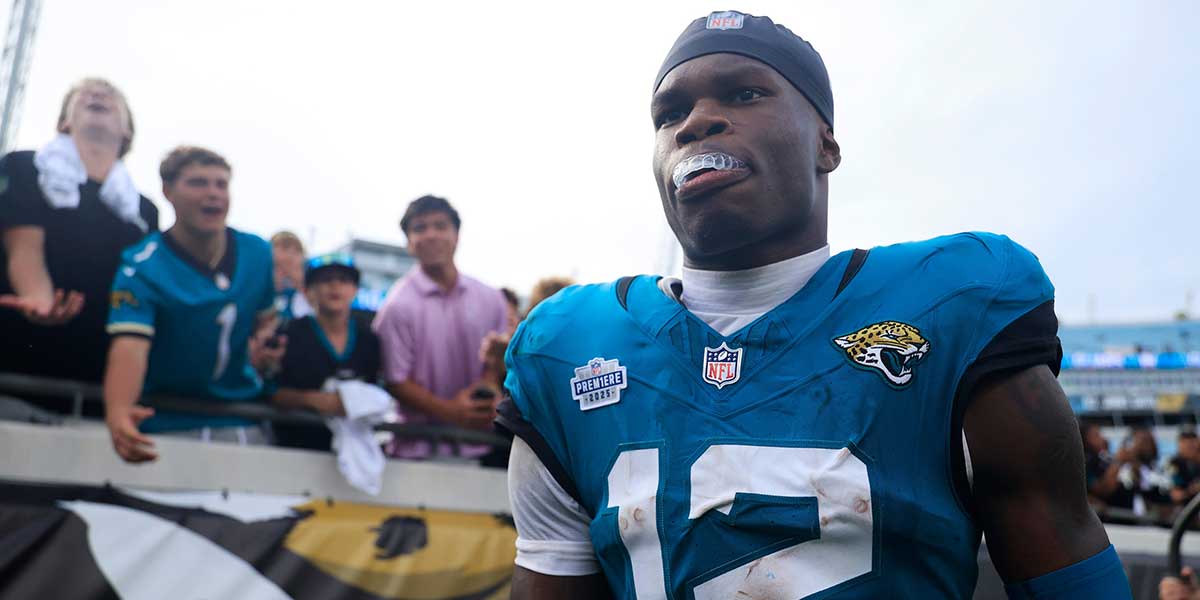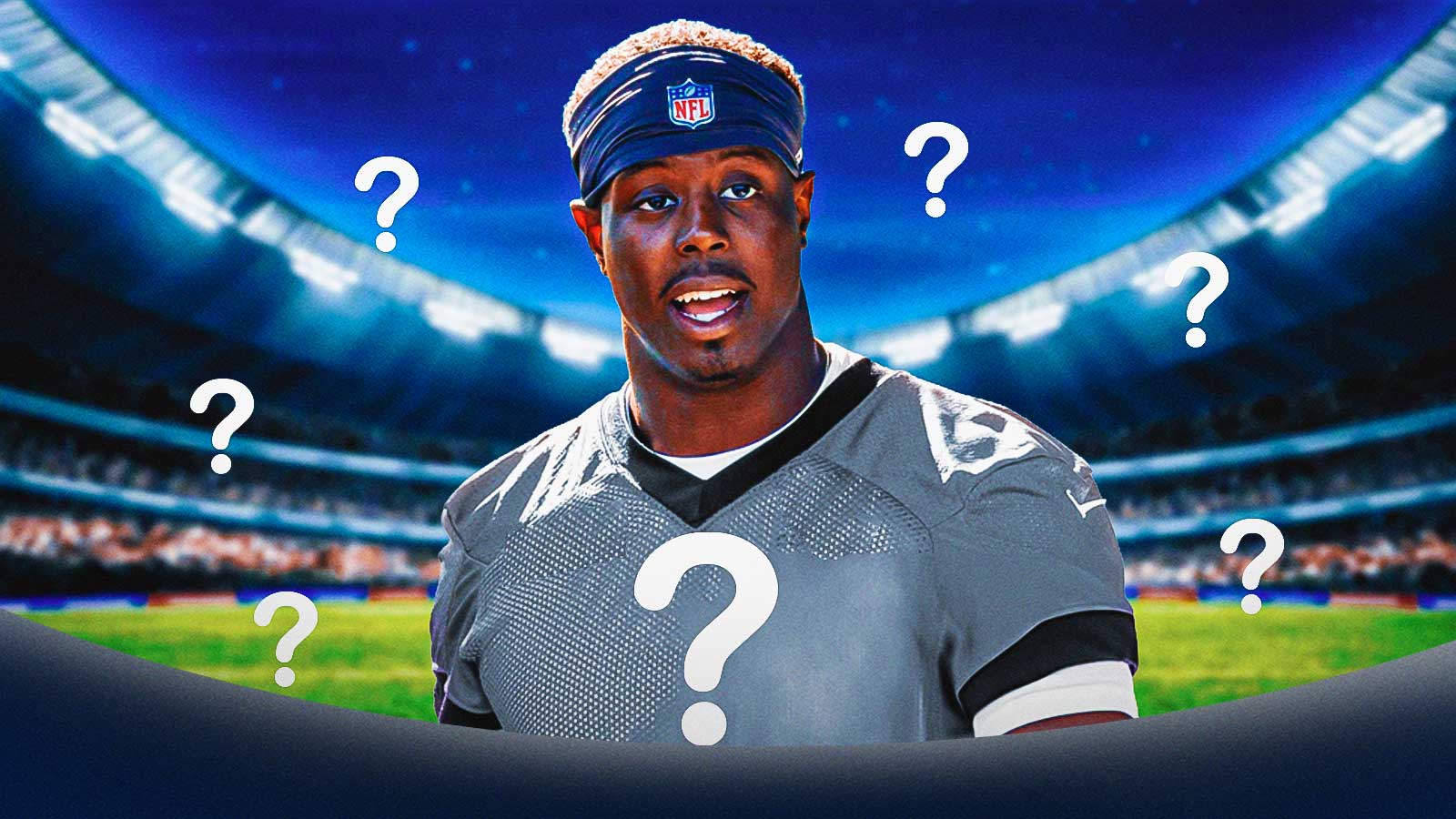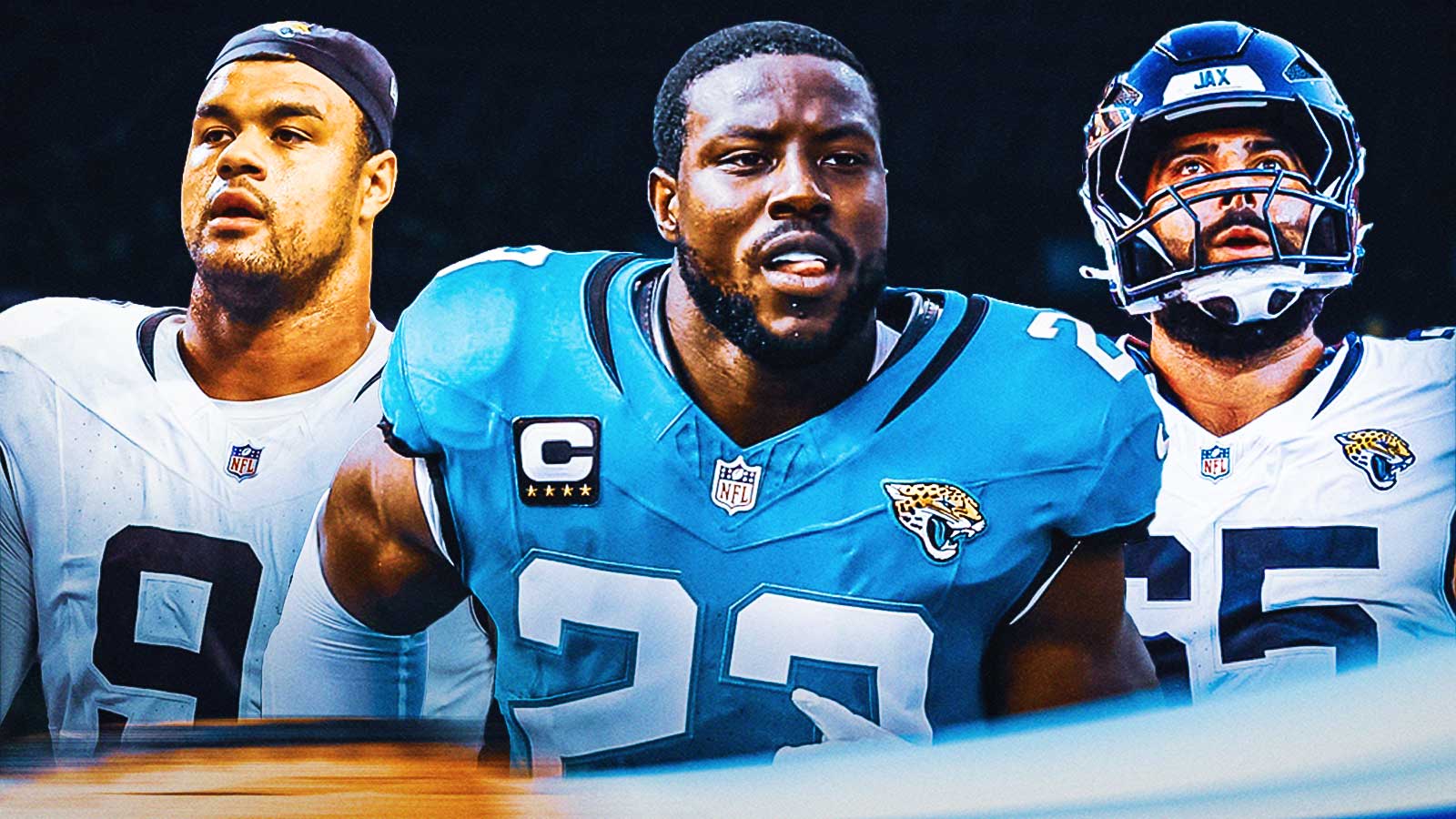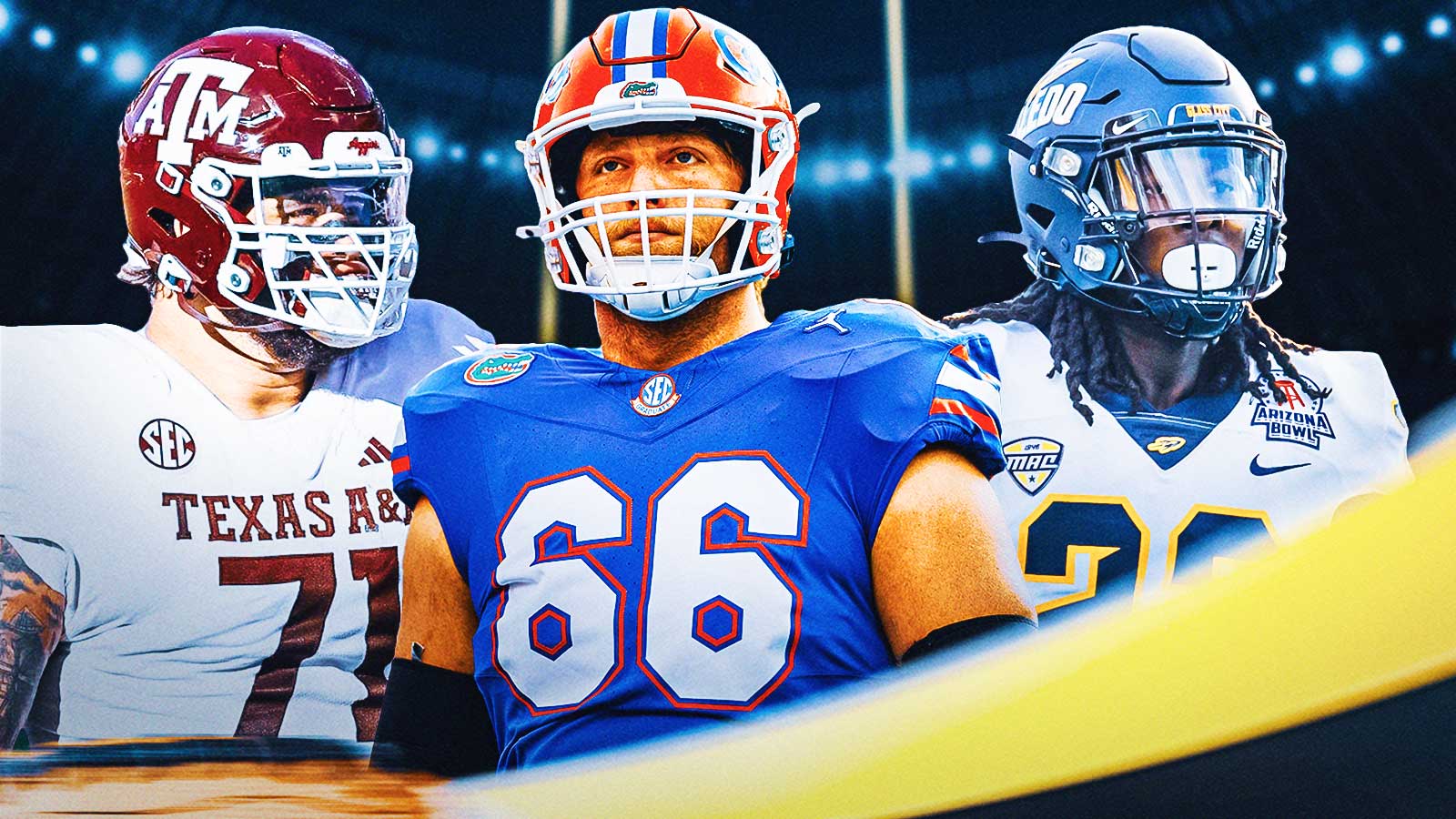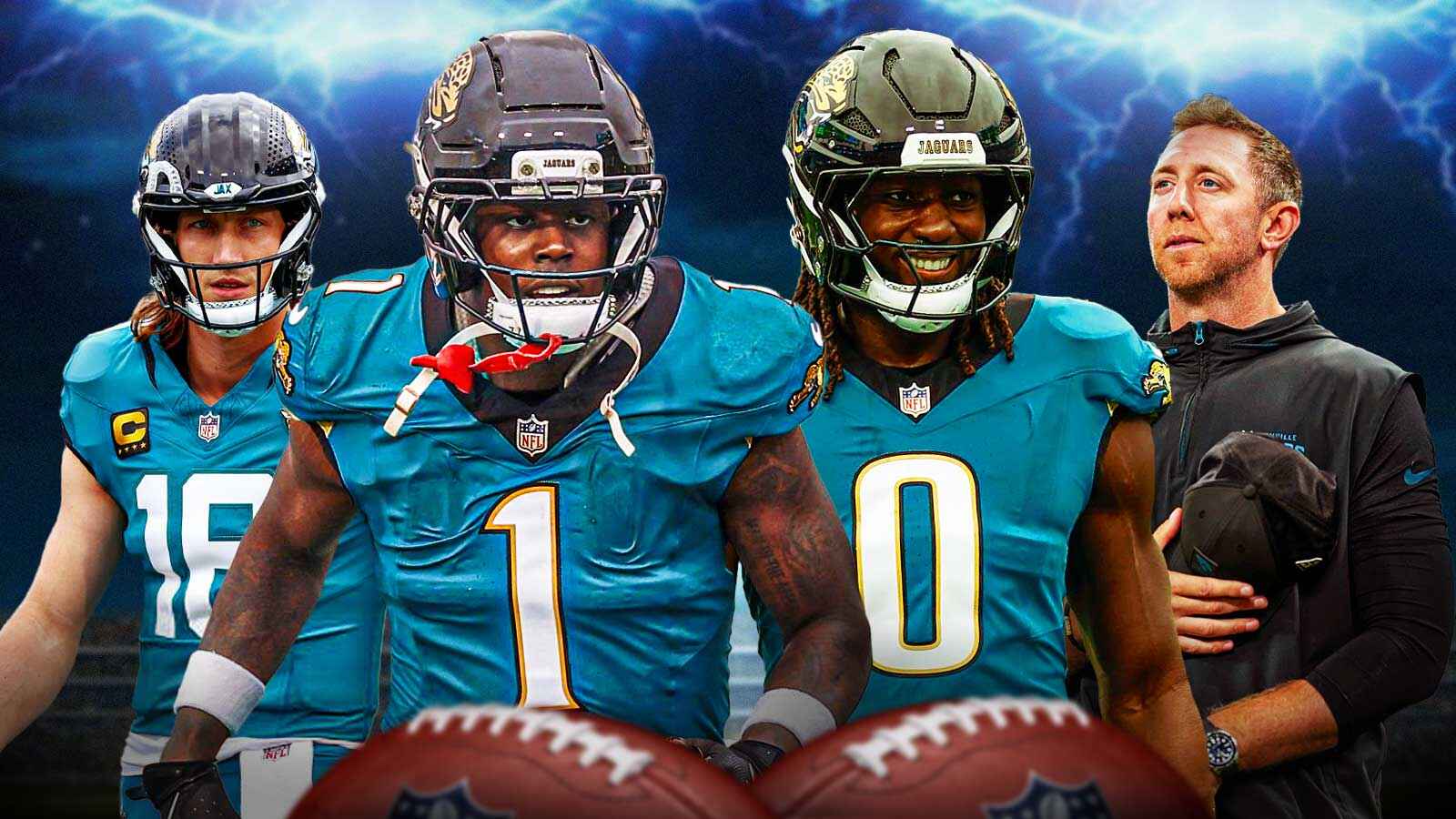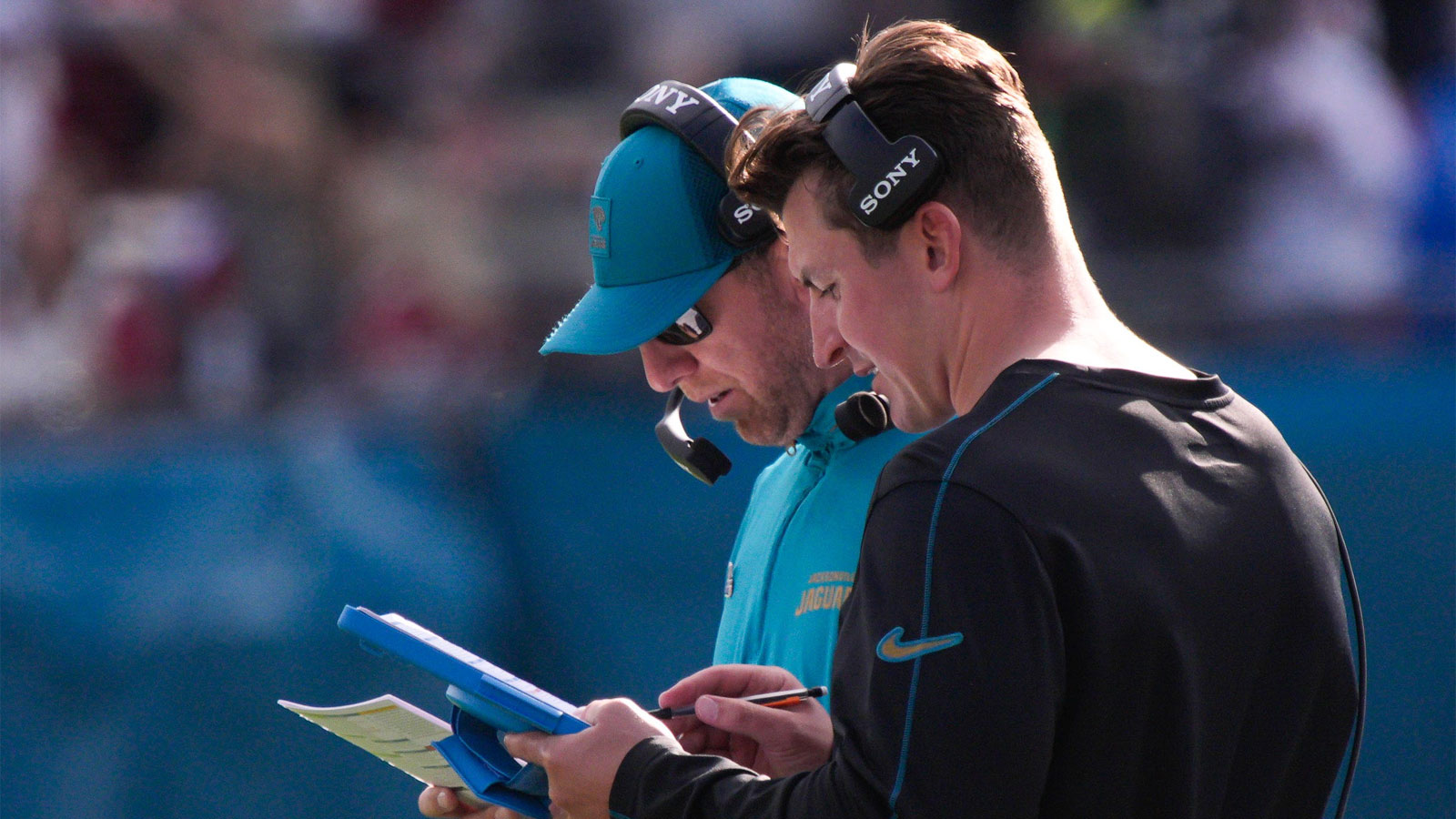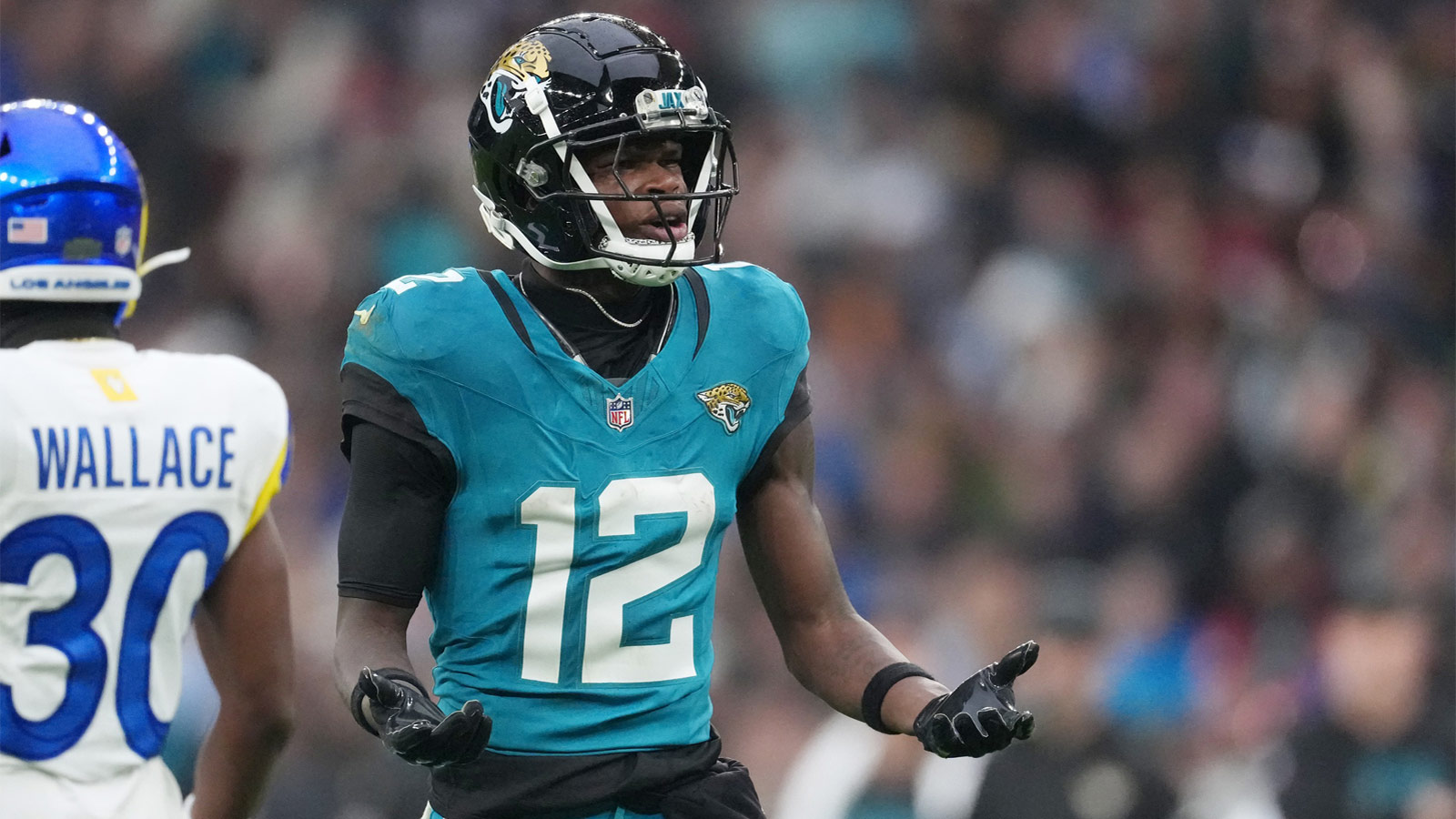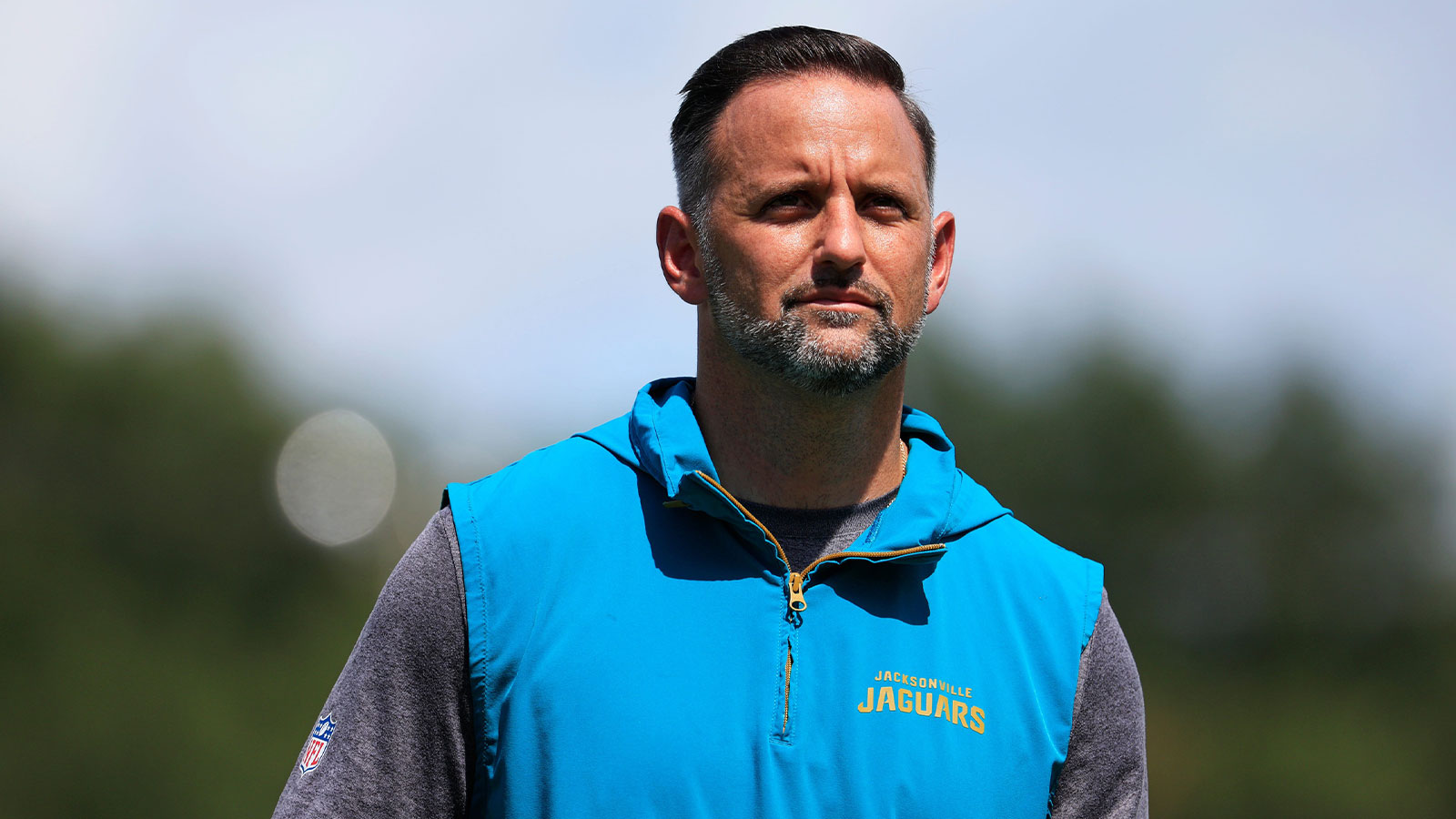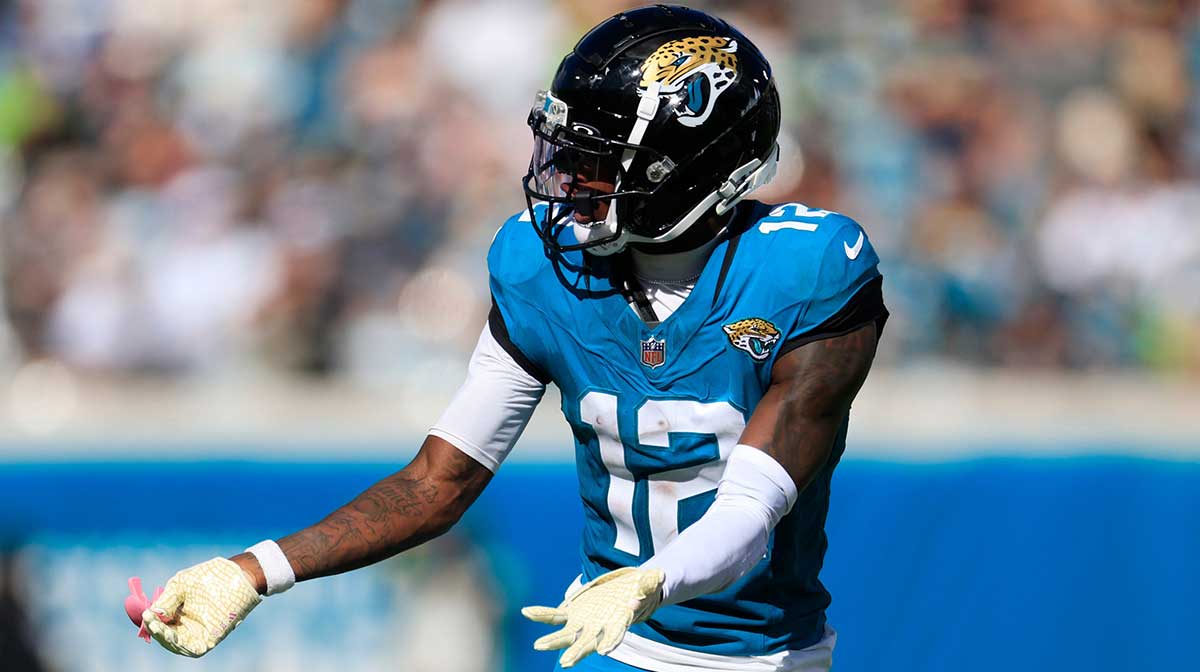In a surprising twist to the NFL offseason saga, the Jacksonville Jaguars have made a strategic move to trade for Mac Jones, a decision underscored by an unexpected reason, per ESPN's Jeremy Fowler: the health of their backup quarterback, C.J. Beathard. As teams across the league hustle to fortify their rosters ahead of the new season, Jacksonville's maneuver sheds light on the often-underappreciated role of backup quarterbacks in the league's high-stakes environment.
The Jaguars' acquisition of Mac Jones, formerly of the New England Patriots, speaks volumes about the team's priorities and their approach to roster depth and quarterback security. While Jones's trade has stirred up considerable buzz among fans and analysts alike, the underlying motivation—C.J. Beathard's health issues—reveals a more nuanced strategy by the Jaguars' front office.
C.J. Beathard, who has served as the backup to starting quarterback Trevor Lawrence, has reportedly been grappling with injuries, casting a shadow over his availability and effectiveness for the upcoming season. This situation placed the Jaguars in a precarious position, as the reliability of a team's quarterback roster can significantly influence its competitive edge and resilience through the grueling NFL season.
Enter Mac Jones, a quarterback who has shown flashes of brilliance and potential (and struggles) in his tenure with the Patriots. Despite a mixed record and the Patriots' own struggles to consistently contend for the playoffs in recent seasons, Jones's talent and upside were evidently enough to convince the Jaguars' decision-makers that he was worth the investment. The trade for Jones is not merely about securing a backup quarterback; it's a calculated move to ensure that the Jaguars have a viable and talented option under center should Trevor Lawrence be unavailable or in need of relief.
The importance of a competent and reliable backup quarterback cannot be overstated in the NFL. The 2020 season, for example, showcased the value of having a capable second-string quarterback when Dak Prescott of the Dallas Cowboys suffered a season-ending injury, and Andy Dalton stepped in. Though the Cowboys struggled, Dalton's experience and capability allowed them to remain competitive in several games.
Moreover, the move for Mac Jones could also signal a broader strategic vision by the Jaguars. In acquiring a player of Jones's caliber, the team not only shores up its quarterback position but also introduces a level of competition and insurance that could prove invaluable over the course of the season. The dynamic between Trevor Lawrence and Mac Jones will be fascinating to watch, as both quarterbacks possess the talent and drive to lead an NFL team.
Critics and supporters of the trade will undoubtedly scrutinize the Jaguars' decision-making process, analyzing the trade's implications for the team's offensive scheme and locker room chemistry. However, it's clear that Jacksonville's front office has placed a premium on depth and competition within their quarterback room, reflecting a broader trend in the NFL towards valuing resilience and flexibility in key positions.
As the Jaguars prepare for the upcoming season, the addition of Mac Jones to their roster represents a shrewd move designed to mitigate the uncertainties of a long and arduous campaign. With Trevor Lawrence established as the franchise quarterback and Mac Jones now poised to support or step in as needed, Jacksonville has fortified its quarterback position in a way that could have significant ramifications for its success in the coming year.
The NFL is a league where fortunes can change dramatically from one week to the next, and the Jaguars' trade for Mac Jones illustrates the critical importance of preparation, depth, and adaptability. Whether this move propels Jacksonville into playoff contention remains to be seen, but it undoubtedly adds an intriguing subplot to the NFL's ever-evolving narrative. As teams across the league continue to tweak their rosters and strategies, the Jaguars' calculated gamble on Mac Jones serves as a reminder of the intricate chess match that is NFL roster construction, where every move, no matter how surprising, is aimed at securing the ultimate prize: a Super Bowl championship.

